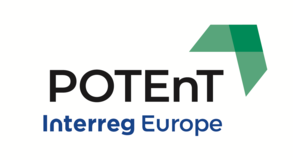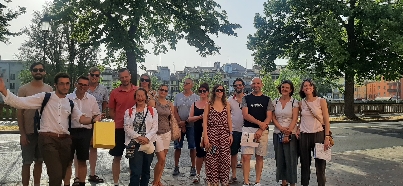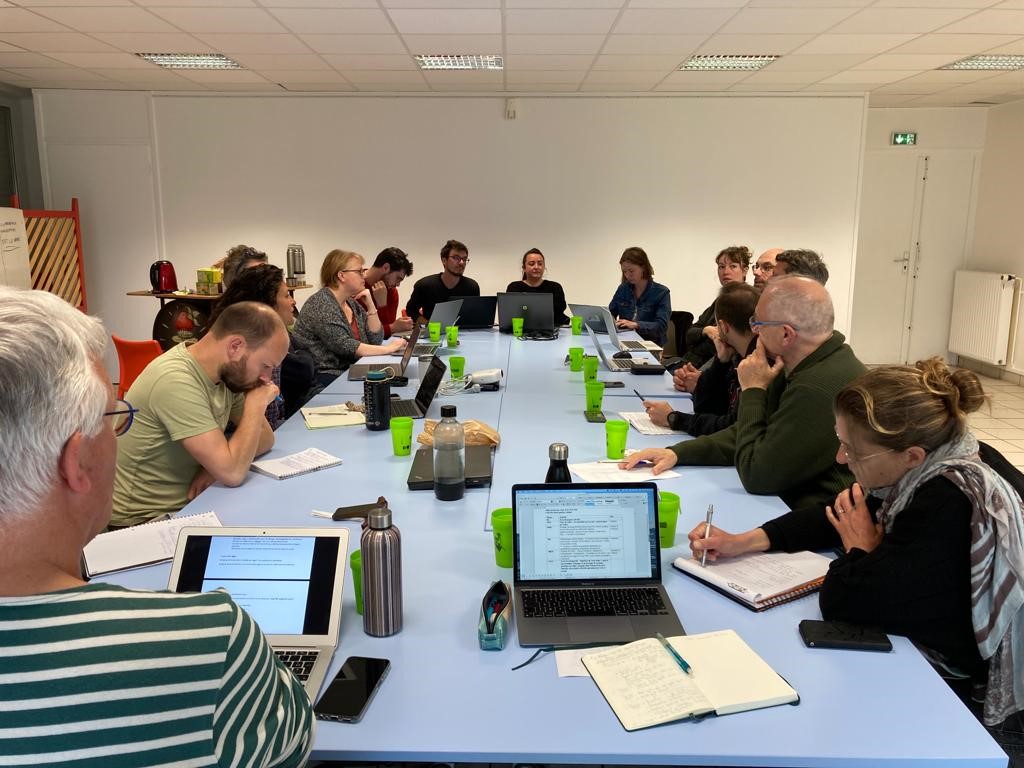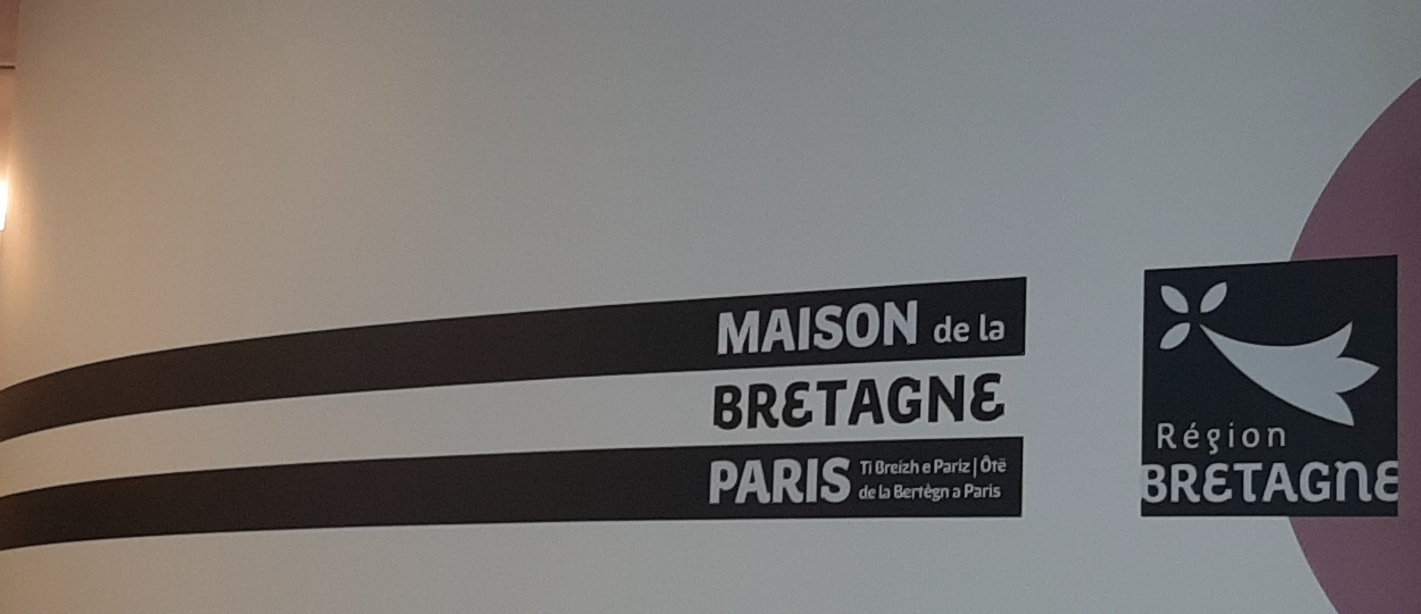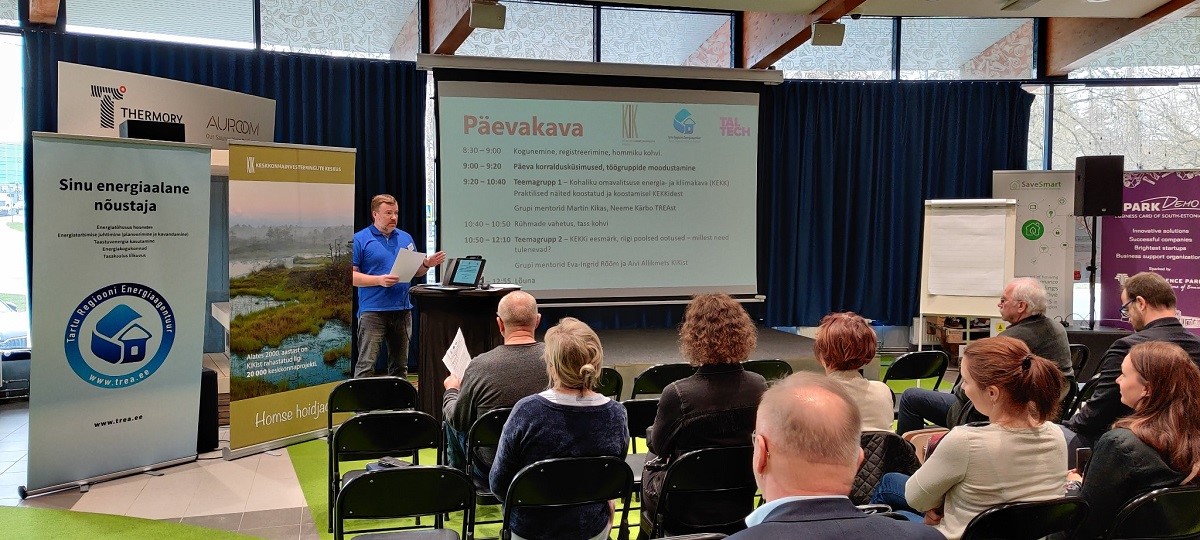In September and October 2022, Tartu Region Energy Agency (TREA) together with Tallinn University of Technology (Taltech) and Environmental Investment Center organised two training sessions for local government representatives, which was the last stage of the wider workshop programme for local governments called "Climate change and energy management in local government". During the workshops, one of the actions included in the POTEnT regional action plan activities for TREA, climate change mitigation tools and future vision for energy management of the national level and local governments were discussed and standardized.
The overall goal of the workshop programme was to increase the awareness and capacity of municipality officials to be able to prevent problems associated with climate change, to take advantage of positive effects and opportunities, and to implement energy management through the exchange of experiences, improvement of analytical capabilities, boosting the involvement of communities, and shaping a unified vision of the future.
The workshops were preceded by a comprehensive survey among local governments, which enabled to identify the readiness of municipalities to work with problems and opportunities related to climate change and to use contemporary and effective energy management techniques.
Raising awareness and discussing challenges and the availability of necessary relevant basic data in climate change prevention and adaptation were the main activities realised during the workshops. Also the energy management situation at the local level, the possibilities of introducing renewable energy and the implementation of energy saving measures were discussed.
The workshop in September also had a practical section, during which, with the help of examples and exercises, all participants could think more closely about the problems and solutions for local energy management, exchange experiences on the topic of community involvement, and shape a common vision for the future together.
The workshop program was commissioned by the Estonian Ministry of Economic Affairs and Communications, the Ministry of the Environment and the Union of Estonian Cities and Municipalities.
